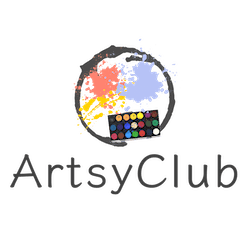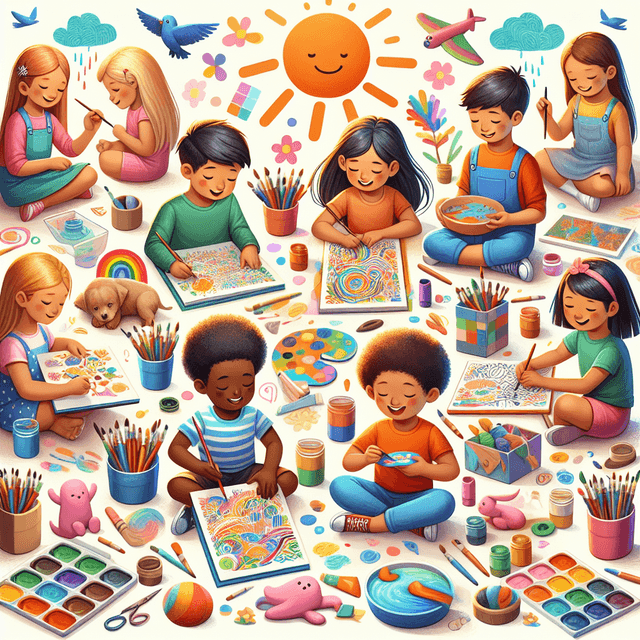Fostering Teamwork: Corporate Team Building with Art Workshops
TL;DRCorporate team building can significantly benefit from art workshops, which foster creativity, communication, and collaboration. This article explores the importance of team building, the unique role art plays in bringing teams together, and how to plan and execute a successful art workshop for corporate settings. It also delves into the benefits and shares success stories to inspire organizations to integrate art into their team-building strategies.

Table of Contents
The Importance of Team Building
Team building is more than just a buzzword in the corporate lexicon; it's a critical component of a thriving workplace. Effective team building ensures that team members are aligned with the company's goals, feel valued, and are motivated to contribute their best work. It helps to break down barriers between individuals, encourages open communication, and fosters a sense of belonging and community within the organization.
The Role of Art in Team Building
Art, in its many forms, has the unique ability to express ideas, evoke emotions, and connect people on a deeper level. When incorporated into team building, art workshops can serve as a non-threatening platform for employees to engage with one another, share experiences, and develop a mutual understanding. Artistic activities can also be a fun and refreshing break from the routine, allowing team members to explore their creativity and see their colleagues in a new light.
Planning an Art Workshop for Team Building
Setting Goals and Objectives
Before diving into an art workshop, it's crucial to define what you want to achieve. Goals can range from enhancing creative thinking to improving problem-solving skills or simply providing a space for relaxation and bonding. Clear objectives will guide the structure of the workshop and the choice of art activities.
Choosing the Right Art Activity
The art activity selected for the workshop should align with the team's dynamics and the set goals. Options include painting, sculpture, collage, or even digital art forms. It's important to consider the interests and skill levels of the participants to ensure that everyone can engage fully.
Logistics and Preparation
Organizing a successful art workshop requires attention to detail. This includes securing a suitable venue, gathering materials, and possibly enlisting the help of a professional artist or facilitator. Timing is also a key factor, as you'll want to choose a date and duration that works for all team members.
Benefits of Art Workshops for Teams
Enhancing Creativity
Art workshops stimulate the imagination and encourage out-of-the-box thinking. By engaging in creative activities, team members can develop innovative solutions to work-related challenges and bring a fresh perspective to their roles.
Improving Communication
Creating art together requires clear communication and the sharing of ideas. This practice can translate into better communication skills in the workplace, leading to more effective collaboration and project management.
Building Trust and Collaboration
Collaborative art projects can help build trust among team members as they work towards a common goal. The collective effort needed to create a piece of art mirrors the teamwork required in a corporate setting, reinforcing the value of each member's contribution.
Reducing Stress
Art has therapeutic qualities that can help reduce stress and promote mental well-being. Participating in an art workshop can be a relaxing experience, allowing employees to recharge and return to work with renewed energy.
Success Stories
Highlighting success stories from companies that have implemented art workshops can serve as inspiration. Testimonials and case studies demonstrate the tangible benefits of using art for team building and can encourage more organizations to try this approach.
Conclusion
Art workshops offer a dynamic and engaging way to foster teamwork in the corporate environment. By combining the joy of creation with the goals of team building, organizations can cultivate a more harmonious and productive workplace. As the corporate world continues to evolve, integrating art into team-building strategies can be a game-changer for companies looking to inspire and unite their employees.



